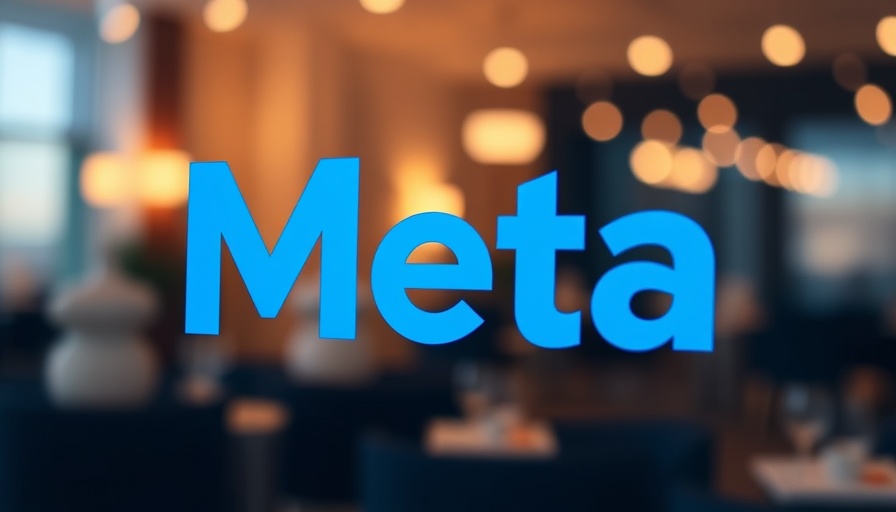
The Stakes of AI and Copyright: A Pivotal Moment
As Meta's contentious AI copyright battle unfolds, the stakes could not be higher for authors and creators. This legal confrontation, featuring notable authors like Sarah Silverman and Ta-Nehisi Coates, may redefine how generative AI copyrights are viewed in U.S. courts. Central to the case is whether Meta's AI tools infringe on the rights of authors by potentially cannibalizing their book sales.
Understanding Fair Use in the AI Era
The core of Meta's defense hinges on the "fair use" doctrine, which permits the use of copyrighted material under certain conditions. Meta contends that their actions were not only legal but necessary to advance technology. The court's interpretation of what constitutes fair use in the realm of generative AI could set a significant precedent for the future of creative industries. It begs the question: will the interests of traditional authors and the evolving landscape of AI coexist?
A Cautionary Tale: The Next Taylor Swift?
During the proceedings, Judge Vince Chhabria raised an intriguing hypothetical about the impact of AI on future artists. He questioned how established musicians like Taylor Swift would fare if AI could churn out countless songs in her style, potentially saturating the market and diminishing opportunities for emerging talent. Chhabria's concern—focused on the risk that AI could obliterate the market for fresh ideas—could resonate deeply with up-and-coming creators whose livelihoods depend on marketable uniqueness.
Evidence of Impact: A Key Determining Factor
However, the case is far from clear-cut. Judge Chhabria expressed skepticism about whether the plaintiffs could substantiate their claims that Meta's tools are causing tangible harm to their financial prospects. This aspect underscores the broader challenge for creators as they navigate the complex interplay of technology and traditional copyright laws.
The Broader Implications of the Meta Case
This case not only reflects a pivotal moment in the ongoing legal discourse surrounding AI and copyright but may also influence how companies across various sectors approach AI integration. Executives and decision-makers must remain vigilant, as the outcomes may reshape strategies relating to intellectual property and technology adoption. As the trial unfolds, stakeholders should consider the implications of AI tools on creativity and market dynamics.
Final Thoughts: Navigating the New Frontier of AI
In this evolving landscape where AI technologies serve dual roles—as both creators and competitors—decision-makers must be proactive. Understanding the legal precedents set by high-stakes cases like the one against Meta is essential in devising strategies that honor creators' rights while exploring the innovative capabilities that AI offers.
 Add Row
Add Row  Add
Add 




Write A Comment